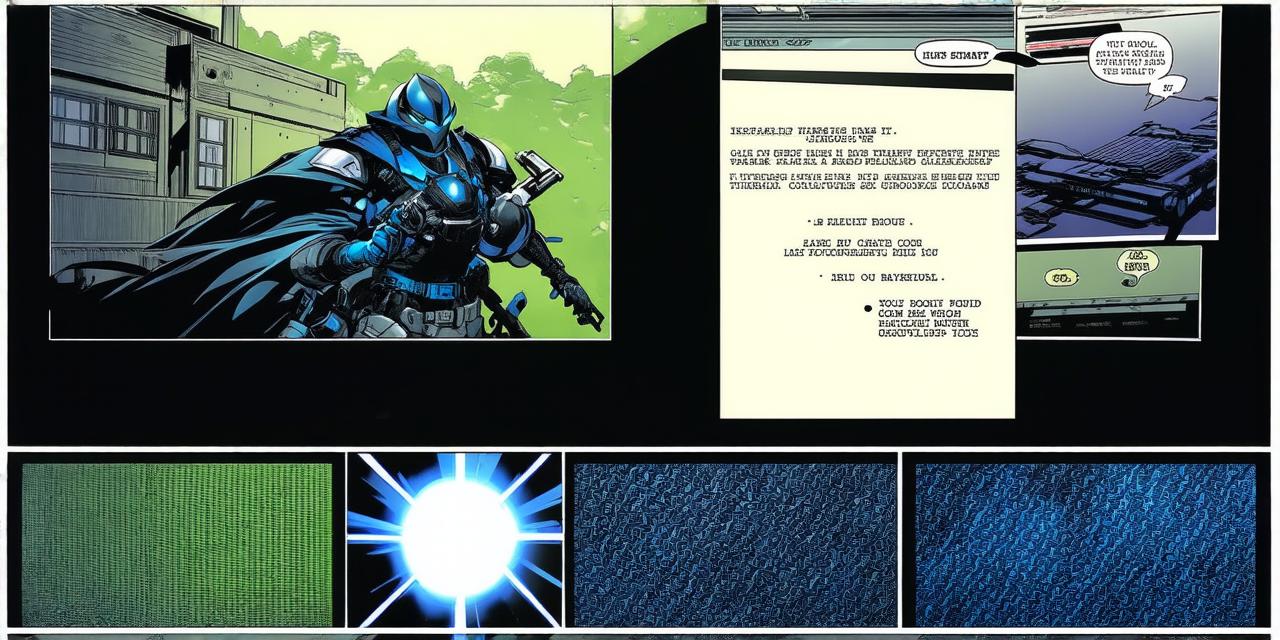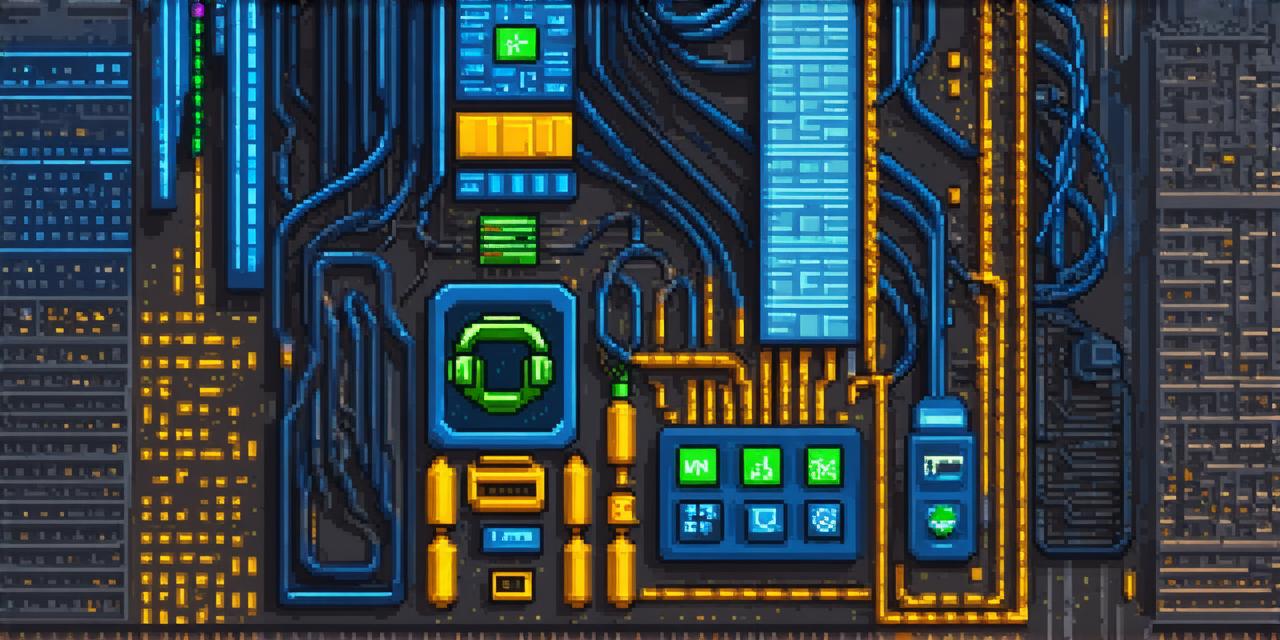As a game developer, your resume is often the first impression that potential employers have of you. It’s crucial to make sure that your resume effectively showcases your skills and experience, as well as your passion for the craft.
What Makes a Resume Effective in Game Development?
An effective game developer resume should have the following elements:
- Contact Information: Your contact information, including your name, email address, phone number, and LinkedIn profile link, should be prominently displayed on your resume.
- Summary or Objective Statement: A summary or objective statement should be included at the top of your resume that briefly describes your skills, experience, and career goals.
- Skills: Your skills section should list your relevant skills in a clear and concise manner. This could include programming languages, game engines, art software, or any other relevant skills.
- Work Experience: Your work experience section should include details of your previous roles as a game developer, including the company name, job title, dates of employment, and a description of your responsibilities and accomplishments in that role.
- Education: Your education section should include details of your formal education, such as degrees or certificates, that are relevant to game development.
- Projects: Including a projects section on your resume can showcase your creativity, problem-solving skills, and ability to work independently.
- References: Including references on your resume is optional but can provide additional credibility to your application.
How to Write an Effective Resume for Game Development
Writing a resume for game development requires careful consideration of the specific skills and experience required in this industry. Here are some tips for writing an effective resume for game development:
- Tailor your resume to the job description: Carefully read the job description and tailor your resume to highlight the skills and experience that are most relevant to the position.
- Highlight your achievements: Instead of simply listing your responsibilities, focus on the specific achievements you made in each role. This could include game design ideas, code improvements, or art assets created.
- Use examples: Including examples of your work can help showcase your skills and experience in a more tangible way. This could include links to your portfolio or screenshots of games you have worked on.
- Show your passion for gaming: Game development is a highly competitive industry, and employers are looking for candidates who are passionate about gaming. Highlight any relevant gaming experience, such as playing games or participating in game jams.
- Use action verbs: Using action verbs, such as "created," "improved," or "designed," can help make your resume more engaging and show that you take ownership of your work.
Case Studies: A Powerful Tool for Showcasing Your Skills
One powerful tool for showcasing your skills as a game developer is through case studies. Case studies allow you to tell the story of a project you worked on, highlighting your role, the challenges you faced, and the solutions you came up with. They can also help demonstrate your ability to work collaboratively, communicate effectively, and manage multiple tasks simultaneously.



